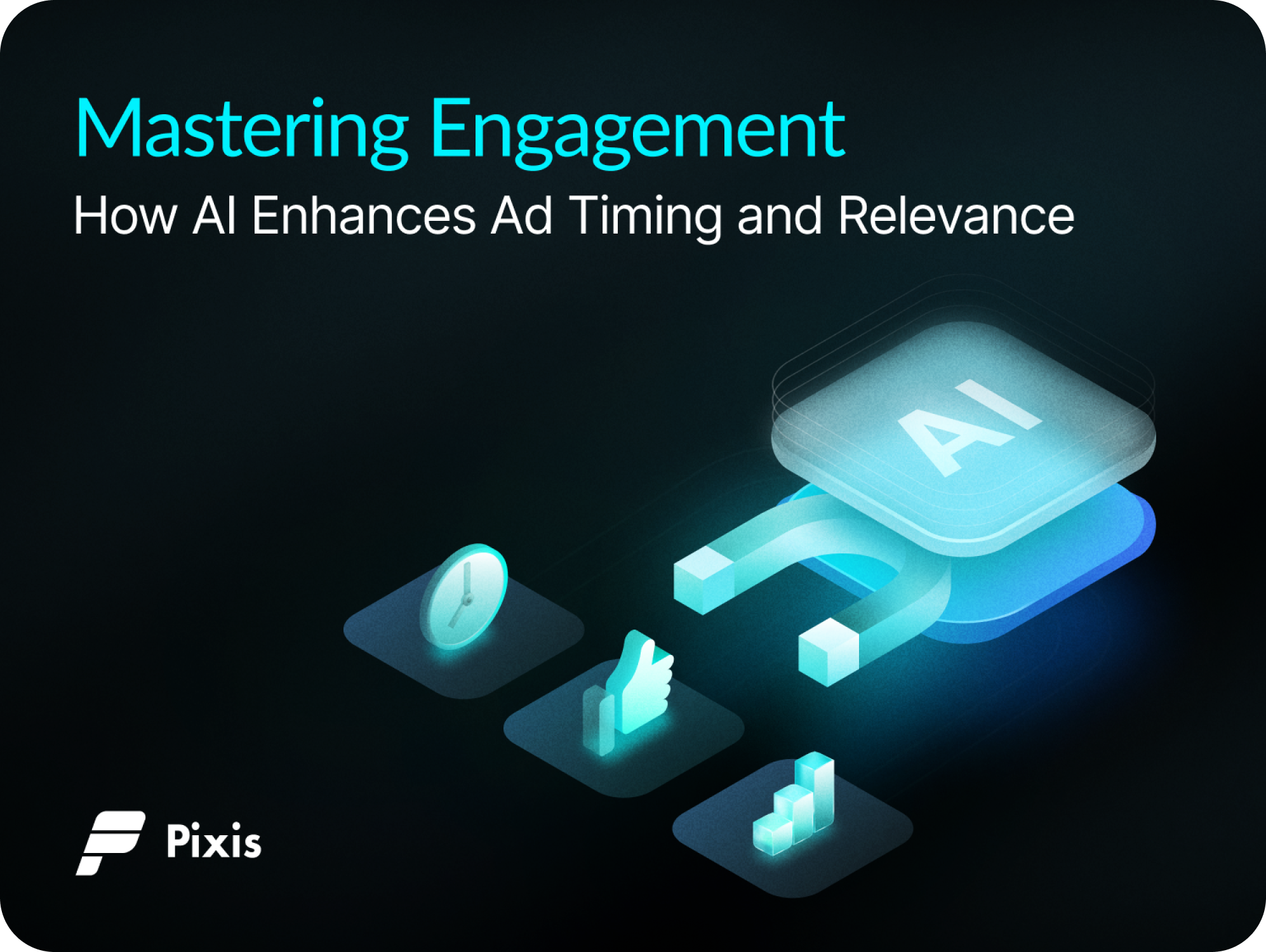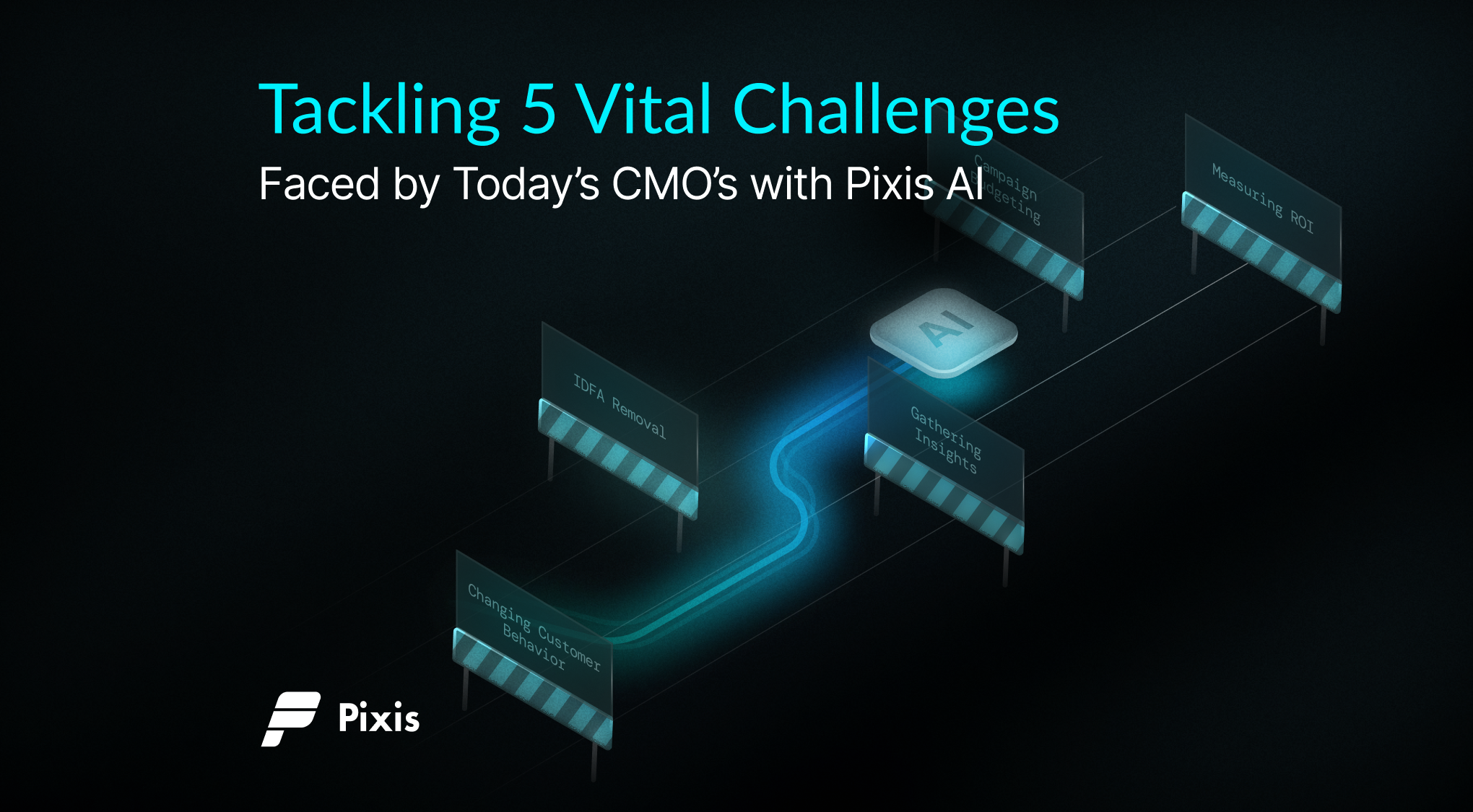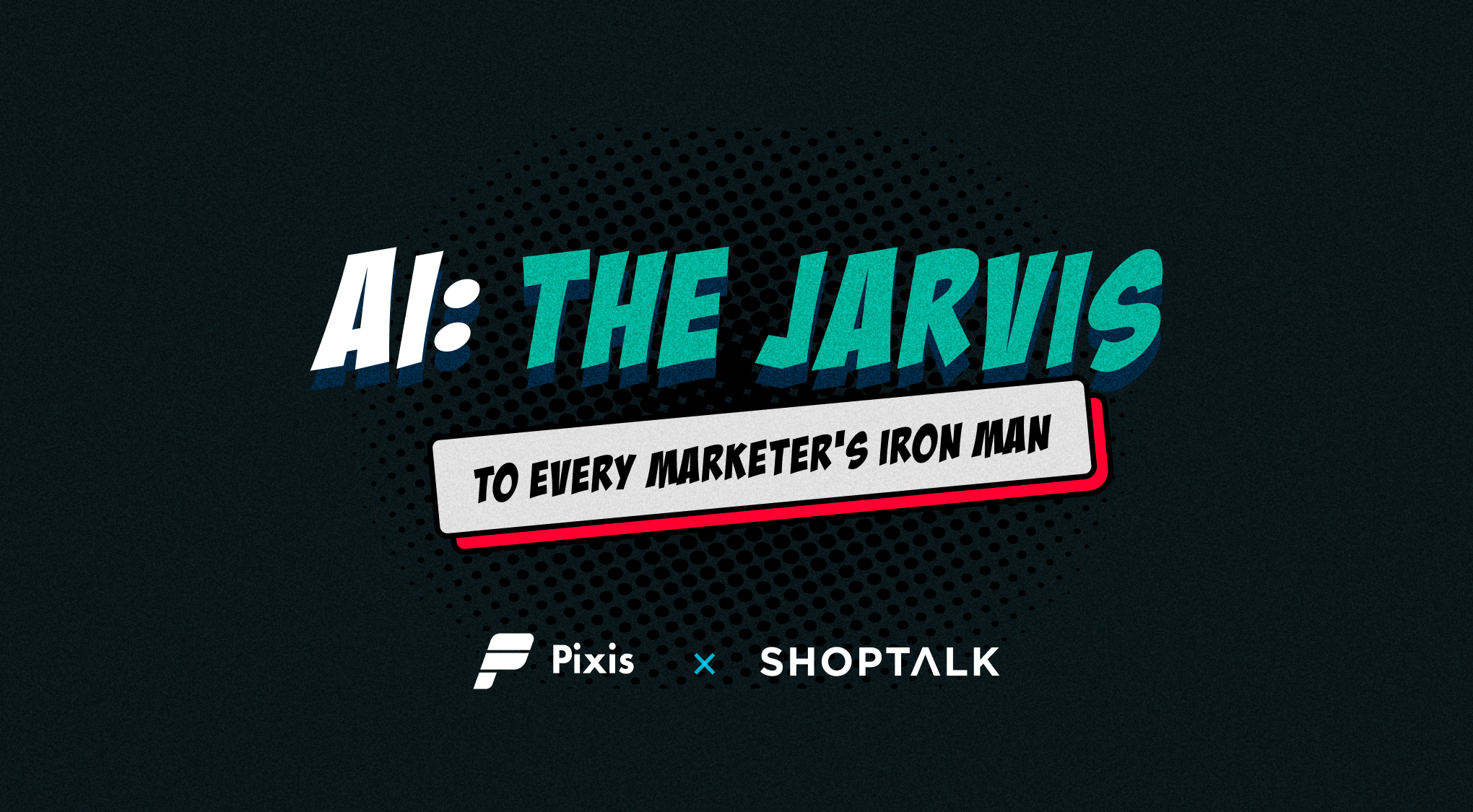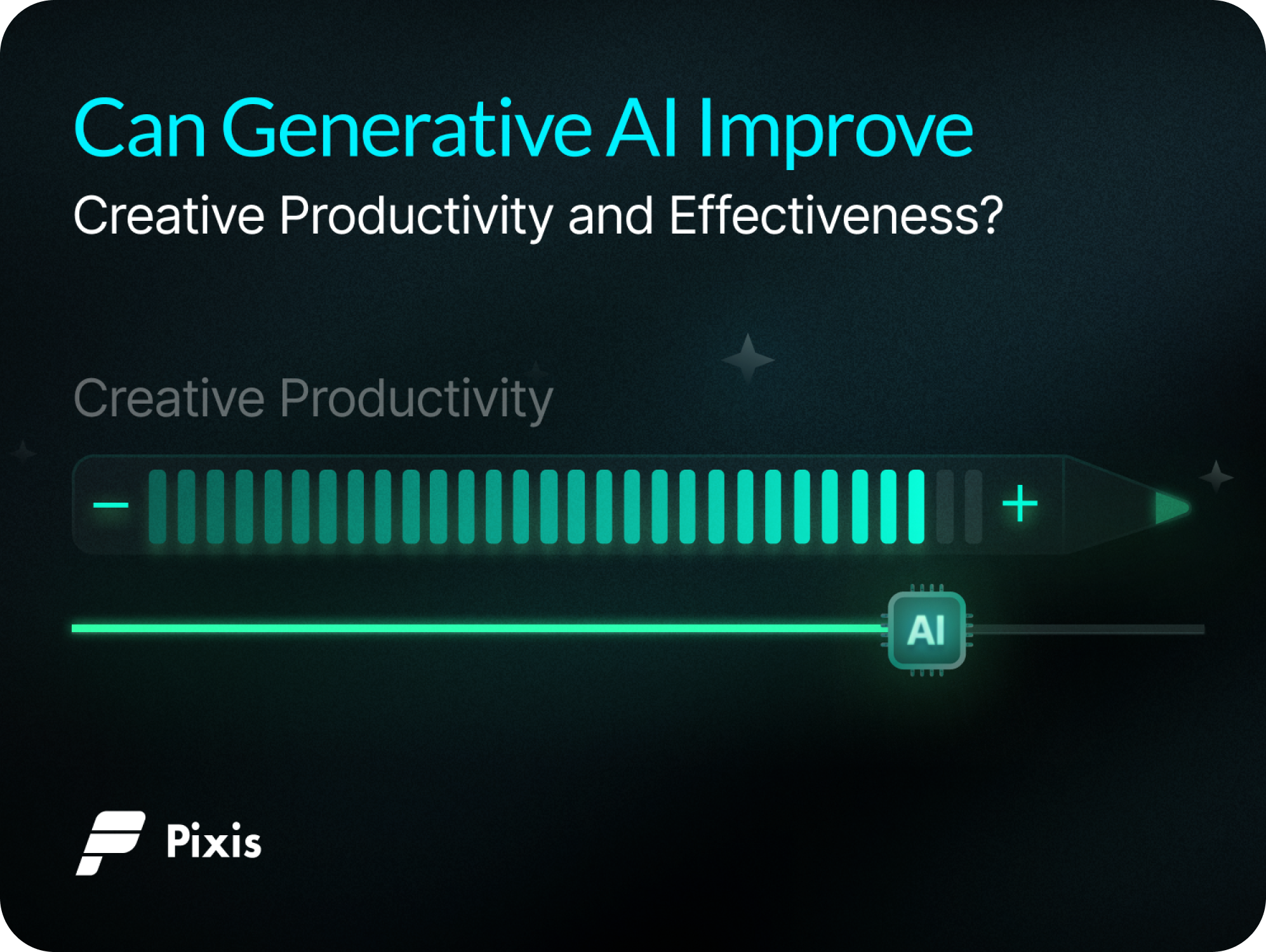Mastering AI in Performance Marketing: The Ultimate Blueprint for Upskilling Your Team
Starting your journey with AI in marketing? Begin with the essentials by exploring: Excel as an AI-First Marketing Leader, a comprehensive guide that lays the groundwork for your marketing team on this journey!
Introduction
Artificial intelligence (AI) has transformed from a niche innovation to the heartbeat of digital marketing, dictating who leads and who follows in the relentless pursuit of consumer attention. This transformation marks a pivotal shift, where harnessing the power of AI isn’t just an advantage but a necessity for those aiming to carve out a significant presence in the digital domain.
This blueprint provides a strategic approach to upskilling your marketing team, ensuring they are adept at utilizing AI to its full potential. Here are 5 steps to achieving this with AI:
Step 1: Assess and Plan
The journey to AI mastery begins with an honest assessment of the current capabilities and understanding of AI possessed by your marketing team. Identifying gaps between your team’s skills and the demands of modern marketing strategies is essential. This assessment should cover a range of competencies, from data literacy (in marketing, data literacy involves the ability to interpret consumer data and market trends to make informed decisions, optimize campaigns, and enhance customer engagement strategies) to the application of AI in campaign management.
Following this assessment, developing personalized learning paths becomes the next priority. These should align with both the individual’s career goals and the team’s strategic objectives, ensuring that every learning opportunity is directly relevant. For example, understanding the principles behind AI-driven platforms like Pixis can provide insights into how AI can automate and optimize various aspects of performance marketing.
Step 2: Build a Comprehensive Curriculum
Crafting a comprehensive AI-powered curriculum that melds foundational knowledge with practical, real-world applications emerges as a versatile strategy, transcending departmental boundaries within the marketing sphere. This approach equips teams—ranging from graphics, where designers leverage AI for creative innovation, to Business Development Representatives (BDRs) who utilize AI to refine lead targeting and engagement, and marketing operations (MarOps) professionals optimizing campaigns through data analysis. The essence of this curriculum lies in its adaptability, enabling each team to explore AI tools that directly enhance their specific workflows and objectives.
By fostering a culture of curiosity and continuous learning through experimentation with AI technologies, and sharing insights and successes across tech talks and case studies, the strategy ensures that the entire marketing ecosystem is agile, knowledgeable, and primed for innovation. This unified approach to AI education not only bolsters individual skill sets but also cultivates a collaborative environment where AI’s potential is fully harnessed to drive the team’s success, demonstrating its practicality and relevance across the diverse landscape of marketing roles.

Step 3: Enhancing AI Utilization and Data-Driven Decision Making
In adapting to this AI-driven landscape, the critical step is not merely understanding how to collect and clean data, but rather mastering the strategic utilization of AI-generated insights for informed decision-making. This approach involves training marketing teams to critically interpret AI outputs, contextualize these insights within the broader marketing strategy, and judiciously apply them to enhance customer engagement and campaign effectiveness.
It necessitates a comprehensive understanding of various AI tools, their integration into existing workflows, and the ability to innovate and experiment within a culture that values data-driven strategies. By focusing on these areas, teams can leverage AI not just as a tool for automation, but as a strategic ally in crafting dynamic, responsive marketing initiatives that drive real engagement and results. This pivot from data management to strategic AI application ensures marketing teams remain agile, informed, and ahead in the competitive digital arena.
Step 4: Blend AI with Creative Ingenuity
While AI can provide data-driven insights and automate routine tasks, the human element remains irreplaceable in crafting compelling marketing narratives. Encourage your team to use AI as a tool to augment their creativity, blending analytical insights with human empathy and intuition. This balanced approach ensures that marketing strategies are both efficient and emotionally resonant.
The ethical implications of AI in marketing should also be a key component of your training. Navigating issues of data privacy, consent, and transparency is essential for maintaining trust with your audience. As AI technologies become more prevalent, ethical considerations will increasingly influence consumer perceptions and regulatory landscapes.
Step 5: Leverage AI for Continuous Improvement
Integrating AI into performance metrics and analytics allows for real-time optimization of marketing campaigns. Tools that provide AI-driven insights, such as Google Analytics for data analysis; Salesforce Einstein for predictive analytics; and Pixis as a marketing infrastructure that takes care of your entire marketing campaign automation can help in this quest for continuous improvement.
Promoting a culture of continuous experimentation and adaptation ensures that your marketing team remains agile and responsive to market changes.
Conclusion
Mastering AI in performance marketing is a journey of strategic development and continuous learning. By assessing your team’s current capabilities, building a tailored curriculum, and fostering an environment of innovation and ethical consideration, you can unlock the full potential of AI in transforming your marketing strategies.
This blueprint is not just about adapting to the present; it’s about positioning your team to lead in the future. As AI continues to evolve, the skills and insights developed through this focused approach will ensure your marketing efforts remain cutting-edge, personalized, and, most importantly, effective in connecting with your audience.




